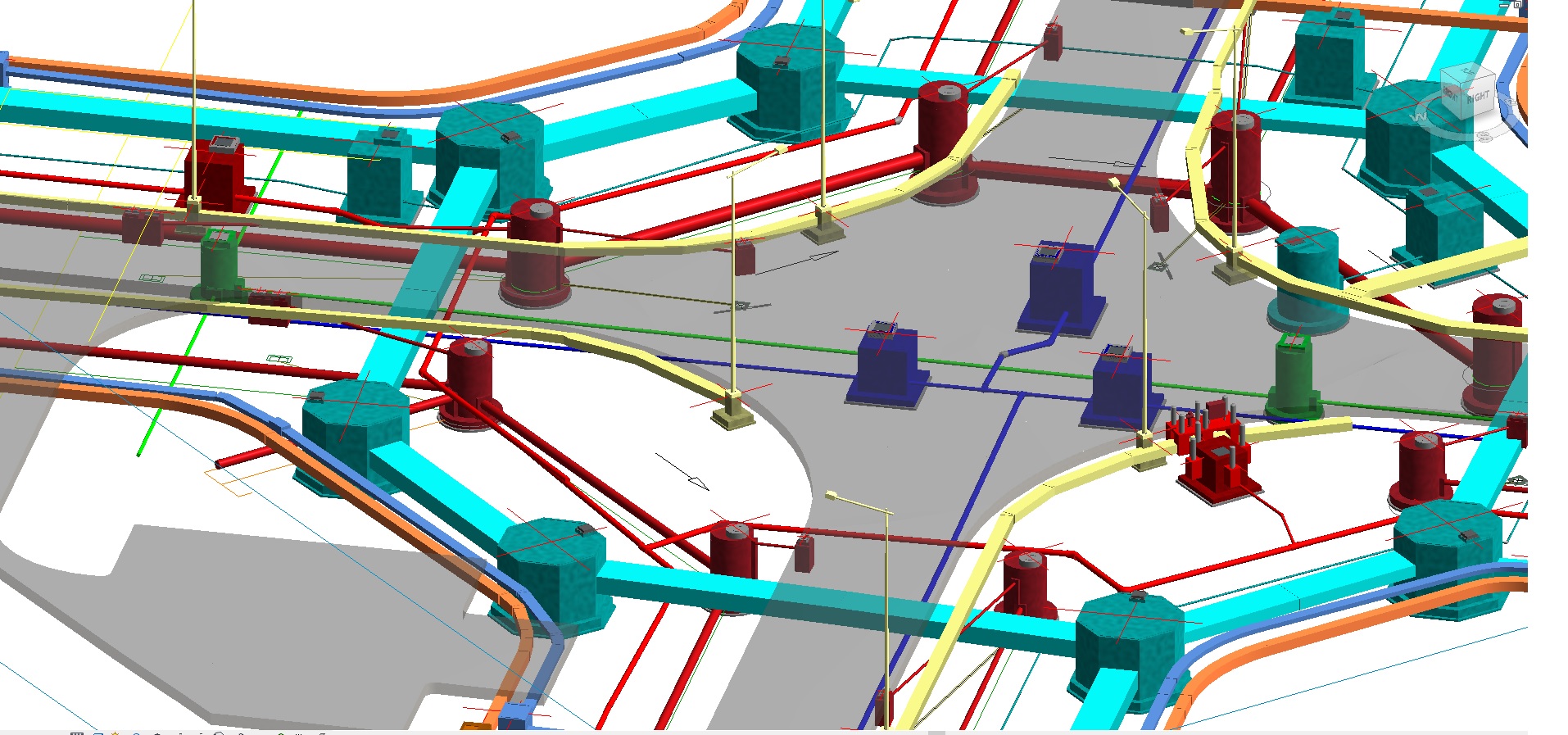In today’s rapidly evolving construction landscape, project management has become increasingly complex, requiring efficient collaboration, streamlined workflows, and real-time access to project data. Enter BIM 360, a revolutionary platform that is transforming the way construction projects are managed and executed. In this blog, we will explore the transformative power of BIM 360 in revolutionizing project management in the construction industry.
The Evolution of Project Management
Traditionally, project management in construction has been plagued by siloed communication, fragmented data, and inefficient workflows. As projects become more complex and timelines tighter, there is a growing need for a centralized platform that can streamline collaboration, enhance communication, and provide real-time visibility into project progress.
A Comprehensive Project Management Solution
BIM 360 is an integrated platform that brings together all aspects of project management, from design and preconstruction to construction and handover. With features such as document management, model coordination, field management, and insights, BIM 360 provides a comprehensive solution for managing construction projects of all sizes and complexities.
Streamlining Collaboration with BIM 360
One of the key features of BIM 360 is its ability to streamline collaboration among project stakeholders. Through cloud-based document management and version control, teams can securely share project documents, drawings, and models in real-time, eliminating the need for lengthy email chains and outdated file sharing methods. Additionally, BIM 360’s model coordination feature enables teams to detect clashes and resolve issues before they escalate, reducing rework and costly delays.
Enhancing Communication and Transparency
Effective communication is critical to the success of any construction project, and BIM 360 helps facilitate communication among project teams, both in the office and in the field. With features such as RFIs (Requests for Information), submittals, and daily logs, teams can communicate seamlessly, track project progress, and ensure that everyone is working from the same page. Furthermore, BIM 360’s mobile app allows field teams to access project data from anywhere, improving communication and transparency across the project lifecycle.
Real-Time Insights and Data-driven Decision Making
Another key advantage of BIM 360 is its ability to provide real-time insights and analytics, empowering project teams to make data-driven decisions. By aggregating project data from various sources, such as documents, models, and field observations, BIM 360 provides valuable insights into project performance, enabling teams to identify trends, mitigate risks, and optimize project outcomes.
Real-World Examples of BIM 360 in Action
To illustrate the transformative impact of BIM 360, we will explore several case studies of construction projects that have successfully implemented the platform. From large-scale infrastructure projects to commercial developments, these case studies demonstrate how BIM 360 has streamlined project management, enhanced collaboration, and improved project outcomes.
The Future of Construction BIM 360 and Beyond
As the construction industry continues to embrace digital transformation, the role of BIM 360 will only become more pronounced. With advancements in technology such as artificial intelligence, machine learning, and IoT (Internet of Things), BIM 360 has the potential to revolutionize project management even further, paving the way for smarter, more efficient, and more sustainable construction projects.
Conclusion
BIM 360 is a game changer for project management in the construction industry, providing a comprehensive solution for streamlining collaboration, enhancing communication, and enabling data-driven decision-making. ENGISOFT ENGINEERING – BIM Staffing & BIM Services By leveraging the power of BIM 360, construction companies can improve project efficiency, reduce risks, and deliver better outcomes for their clients. As the industry continues to evolve, BIM 360 will undoubtedly play a pivotal role in shaping the future of construction project management.










